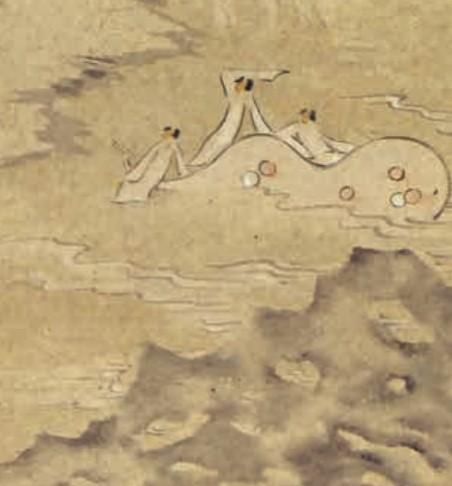Brush-pen and Ink Painting New Power
2015-04-29
Life story: From a plaza to a strange place
This is a forest that appears indistinctly. All the trees, tall and straight, inclined and twisted, show their wonderful postures and compose the image of a forest. In this forest with rustling fallen leaves and fascicles of new buds, you can easily find postures similar to the gorgeous sunshine on the ground and voices stirred by the fresh breeze in this boundlessness.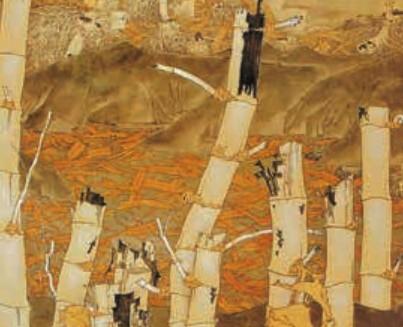
Thats right, the historical circumstance and thought impressiveness of a generation are just like a birthmark engraved on the body and soul. From a plaza to a strange place, from this shore to the other shore, the new power of contemporary Chinese painting, the post-70s and post-80s artists born and grow in the gap of social transformation, have established an intensive poetics scenery in those complexities, contradictions and collisions.
They born in a plaza, a stage for carnival, where collectivistic villages existed, passionate trucks galloped, their parents in grey clothes hiding body figures sang the only few Soviet songs again and again and the traditional and foreign cultures were laid aside and neglected. They were all trapped in the will of the historic structure. No one can be spared. No matter you resisted or catered, the igneous afterglow would cast a giant shadow of the towering monument and envelope the childhood memory of a whole generation.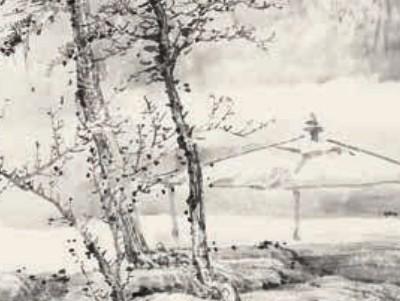
When the great tidal surge of commerce came in the end of the 1980s and especially in the 1990s, the young generation was coerced to go to strange places. They listened to the recountal of Teresa Teng, the roar of Cui Jian and the thoughtful chant of Luo Dayou; they knew the unique lives of Chiung Yao and Sanmao; they began to inquire about the reality and themselves in the philosophy of Nietzsche and Sartre; they “turned to an insect” sarcastically and rebelliously in the novels of Franz Kafka… That was an era when old status fell apart and the new order was long in coming. They lost their balance in the contradiction of open and conservative, ideal and absurd, dutiful and aggressive, kind and lie; they began to wander in the world and left an awkward image and a lost heart.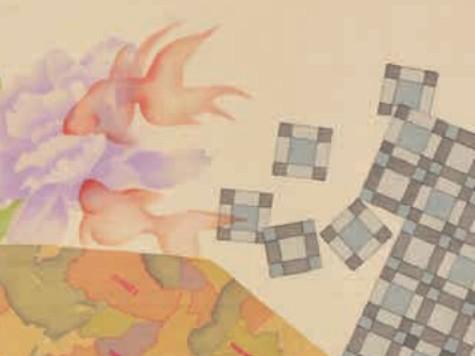
Plaza was the paradise of the collectivism and the habitat of the idealism. In this place, the born loneliness of individuals would be in seclusion and the closeness to history and metaphysics turned to a magic cube that can heal the soul. However, when the pure dream disappeared in the sky fantastically, the verdant years would be thrown into the nightmare of the contest between the spiritual self and the materialization society relentlessly. Born in the dramatic historical moment and stayed in the core of conflict and climax, they were half participant and half audience. About the plaza, they reminisced; in the strange place, they indulged in the hallucinogenic alcohol. To pick up the pieces of the past and call the names that could not be reproduced, they encountered with the tradition and communicated with it spiritually in different layers. However, when they woke up to get back to the reality, they would find that everything was untraceable deific shadows. Wandering between material desire and spiritual enjoyment, no expression or manner would seem proper.
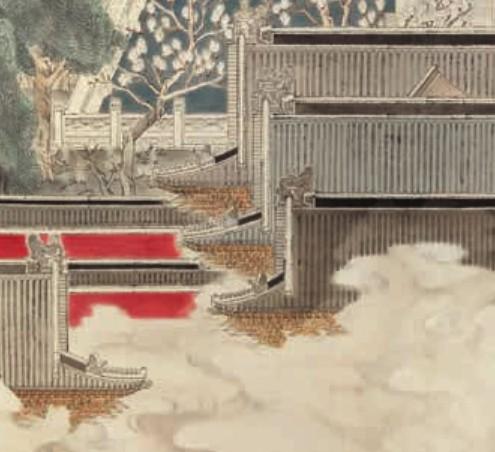
The missing of historical reference system may bring an unsettling silence. In such a vast world, you cannot even settle your hesitant and thirsty soul. “In an era of social change and a spurt of science and technology, we witnessed the quick change of city life: destroy and reconstruction became quite normal, just like an absurd war. We thought we were changing the world. However, all the beautiful expectations might be just sweet traps”(Huang Si, a post-80s artist). No beautiful sceneries are things belong to me; all along the journey you walk and stay, no place can be called “home”. The hard-to-fill gaps lie in the history and overgrow in our hearts…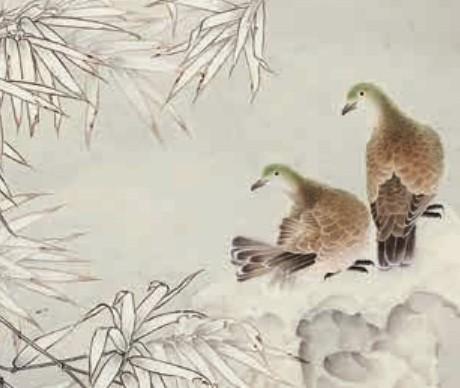
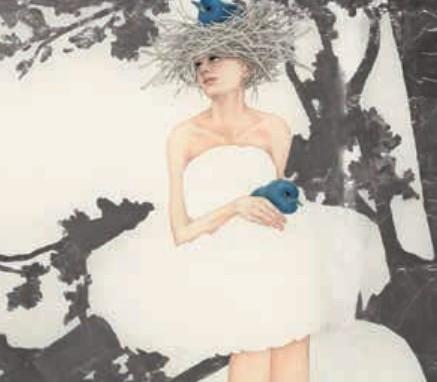
People say that all the things have a gap and that is the place where the sunshine comes in. Suffered from the burden of hesitation and void silently, the post-70s and post-80s generations chose to grow irrevocably in life and art. “Actually, the characteristics considered as disadvantages by prejudice are none other than the advantages of the post-70s: being tested by two eras, they were not marginalized but merged; staying in the tide of bold changes, they became adaptable instead of conservative; missing of dreams and feelings in young ages made them learn to cherish and persistence instead of being at a loss (The Growing History of the Post-70s Generation, Sha Hui)”. In the fission of the era, the post-70s and post-80s artists witnessed an unprecedented modernization transformation and experienced the rapid-changing urbanization process and the separation of the traditional and the modern, the history and the present and the material and the spiritual… All of these provided them for a vast and fertile realistic soil and deep and rich spiritual space. Comparing with the ancestors, they freed the bound hands and feet and abandoned the solemnity and load of dual opposition; different from the future generation, they filtered the sensibility and agitation from the cultural orientation and embodied a relatively profound cultural ethos. In the intersection of spirit and material, they absorbed and fermented power to spur and turned it to the combination and extension of artistic creation that strengthening academics and emphasizing the market, paying attention to techniques without losing concept, and focusing on both individuality and society.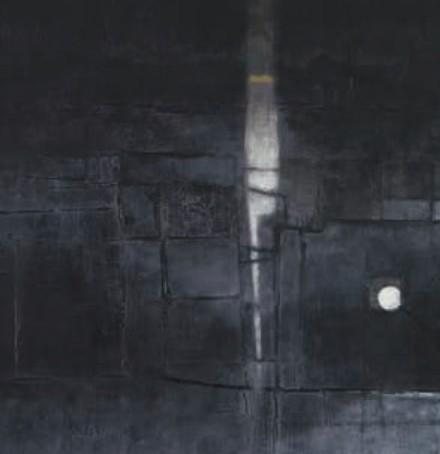
Therefore, the brush-pen and ink paintings of the post-70s and post-80s artists serve as a link between the past and the future and get rid of the circulation of meanings. They have a long lasting memory of and longing for the folk, the earth, the history and the soul in their blood. They try to get the past through the future and get self through the others. A piece of art extending in the sky of the era can attract peoples eyes and arouse their expectations.